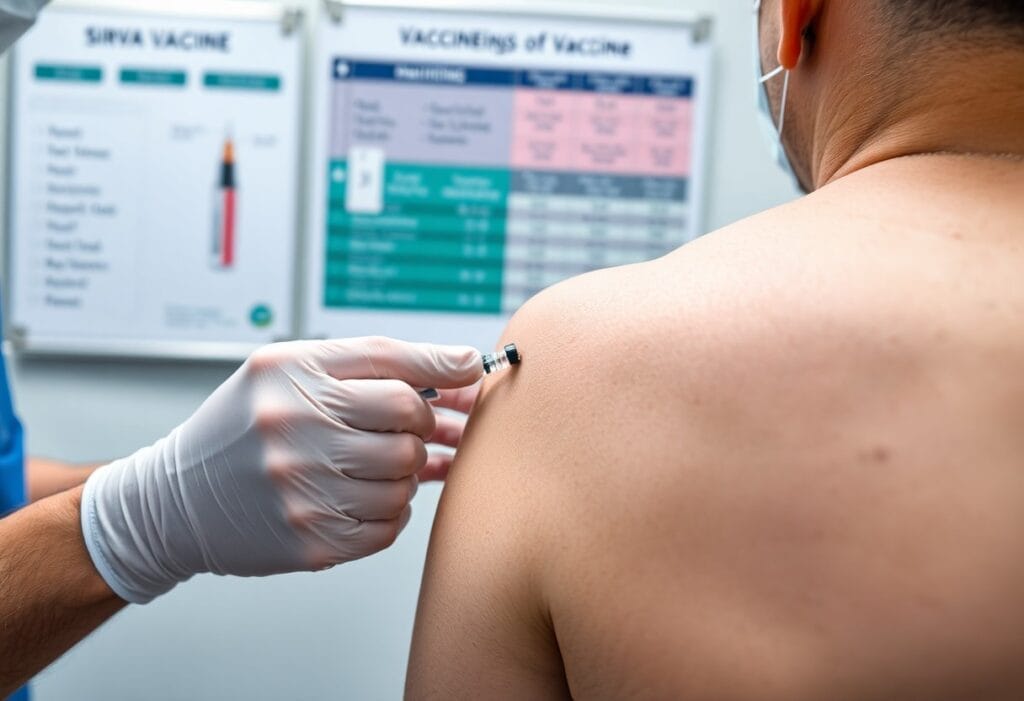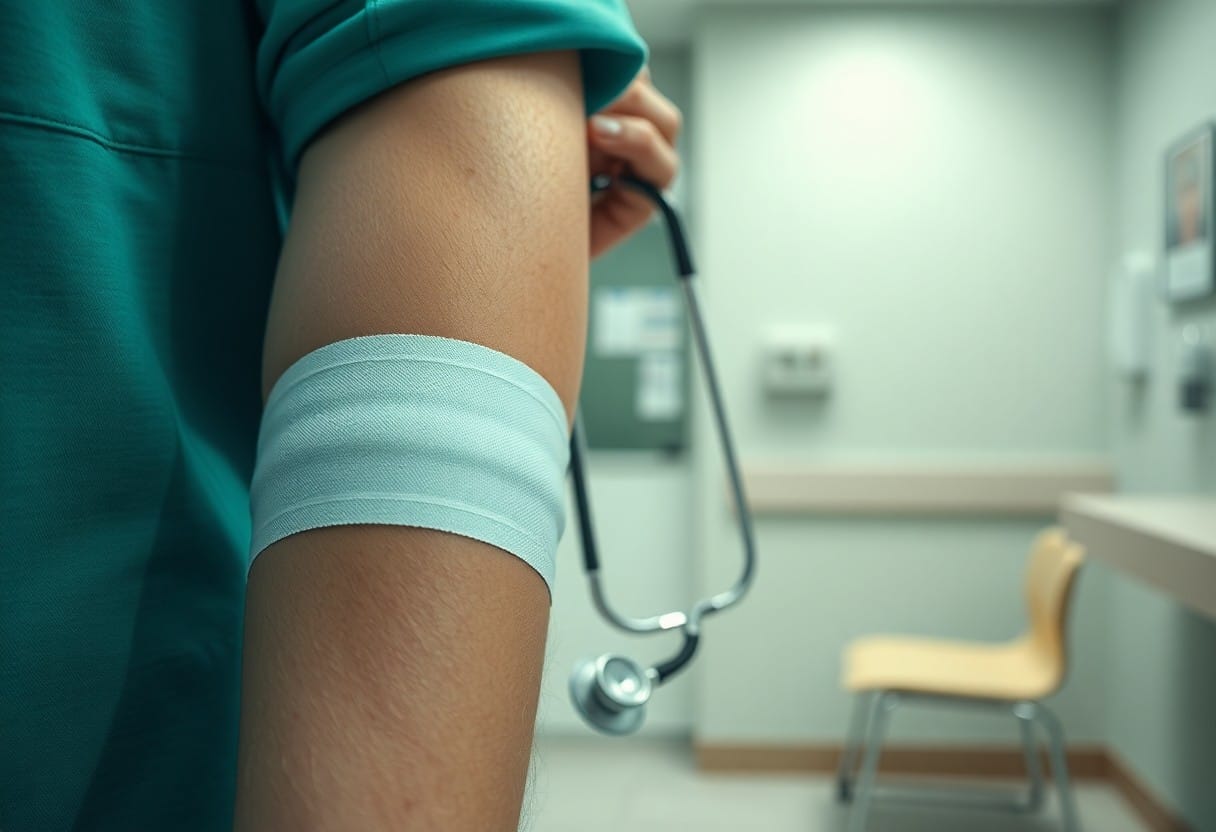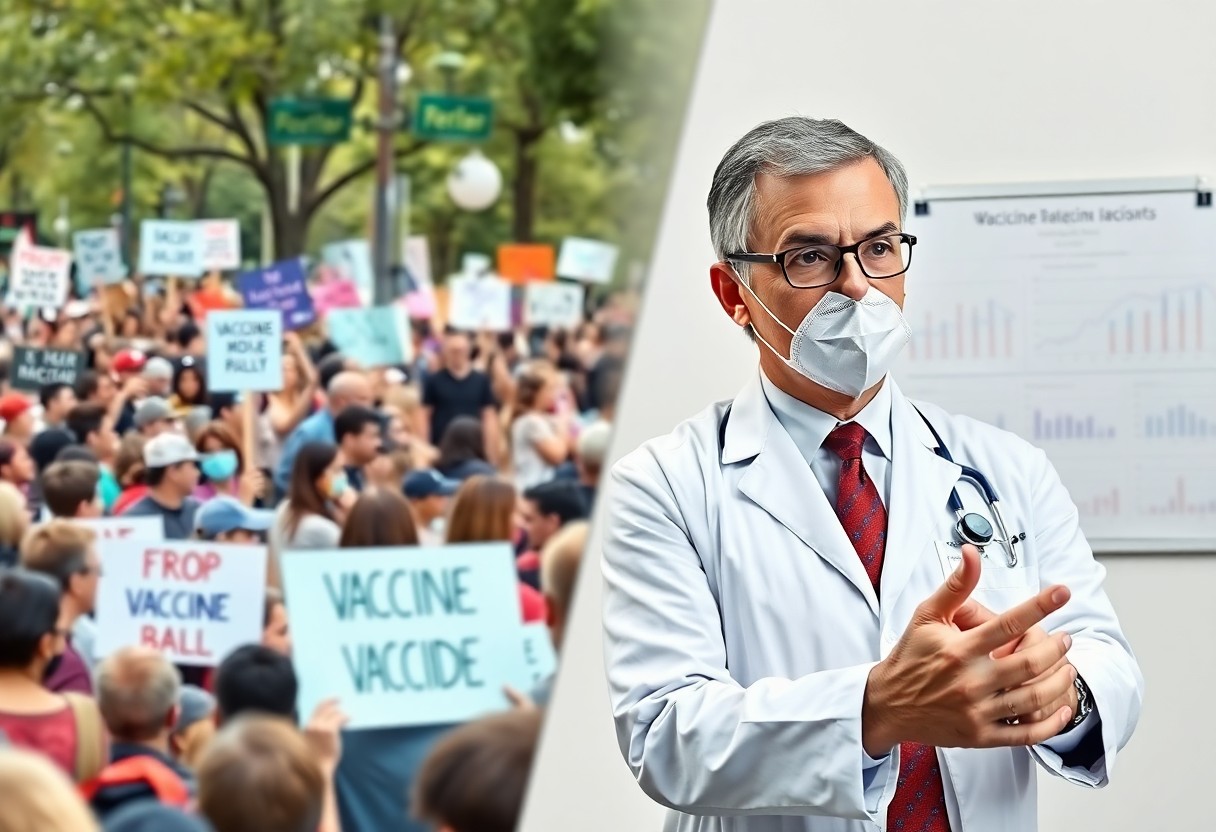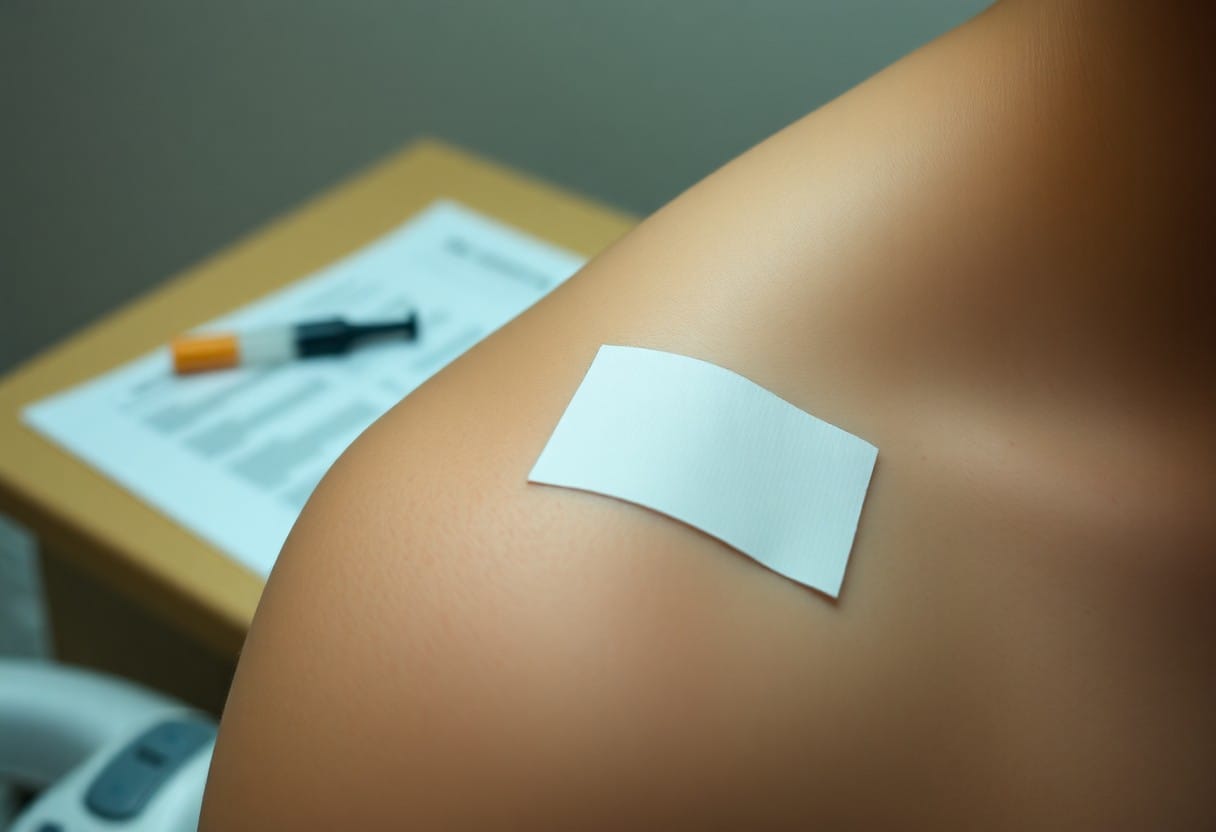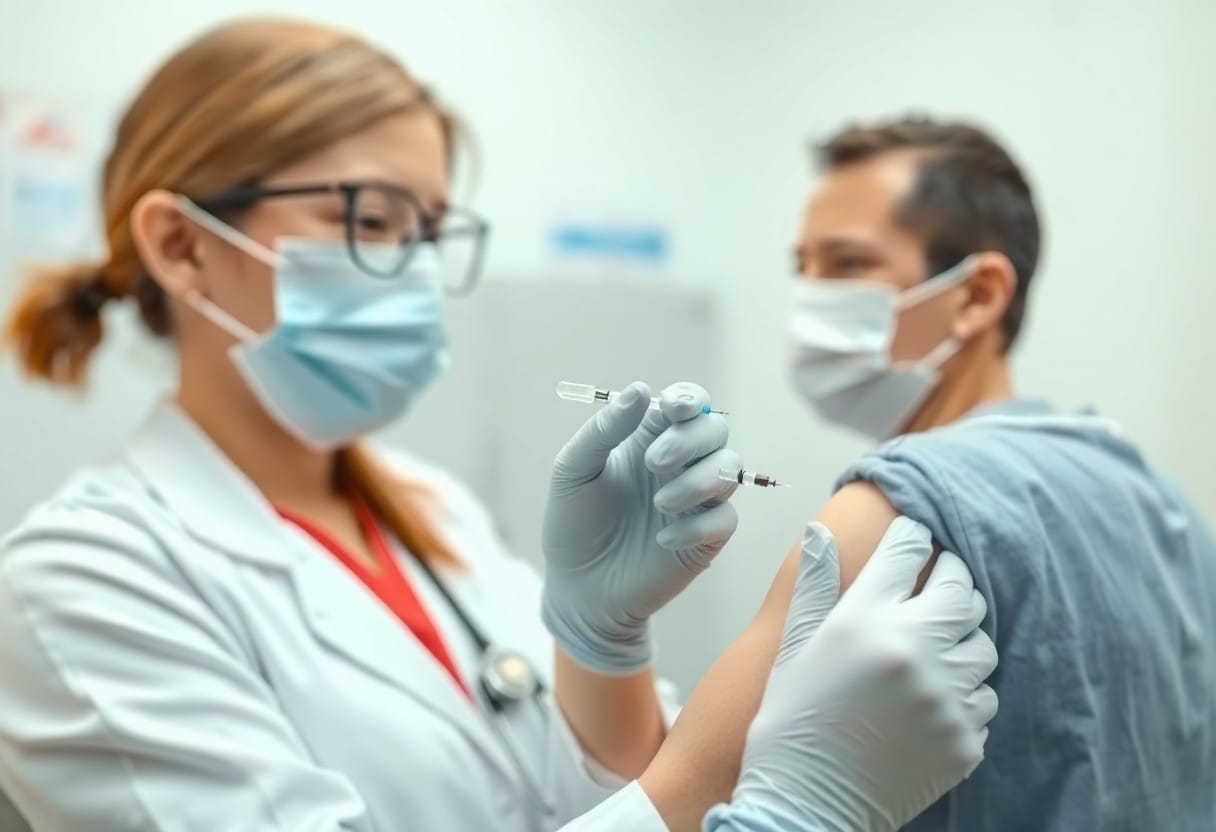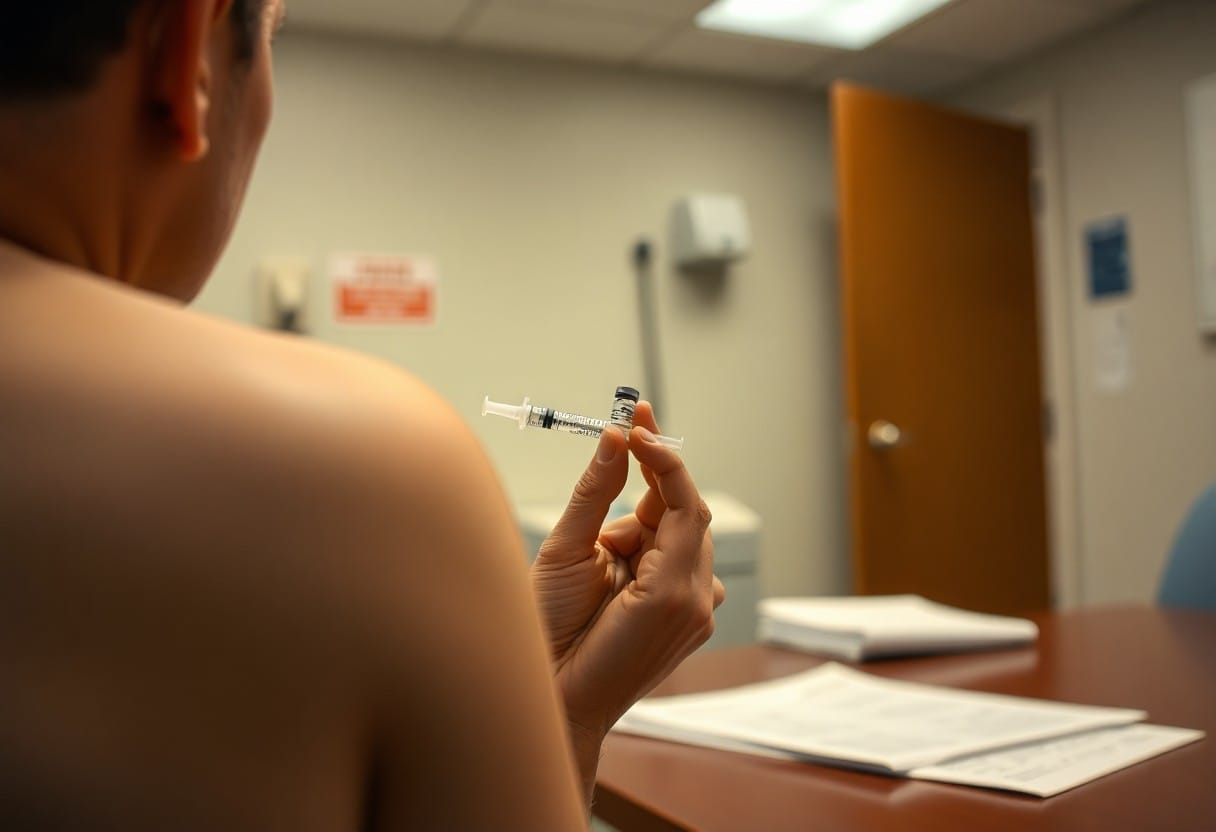It’s important to understand your rights when it comes to vaccine-related injuries, particularly regarding SIRVA (Shoulder Injury Related to Vaccine Administration). If you or someone you know has experienced pain or disability following a vaccination, you may wonder if vaccine providers are liable for these injuries. This blog post will explore the legal landscape surrounding SIRVA, the responsibilities of vaccine administrators, and how you can seek compensation if you have been affected. Your health and legal options matter, and being informed can empower you to take the right steps.
Understanding SIRVA
Your awareness of SIRVA, or Shoulder Injury Related to Vaccine Administration, is vital as it could impact your health post-vaccination. This condition typically arises from improper administration of a vaccine, leading to inflammation and pain in the shoulder region. Recognizing this injury can help you take necessary action if you experience symptoms following a vaccination.
Definition of SIRVA
For those unaware, SIRVA is a condition characterized by pain and discomfort in the shoulder area that occurs after receiving a vaccine, predominantly when the vaccine is administered improperly into the shoulder joint rather than the deltoid muscle.
Symptoms and Diagnosis
Before addressing the symptoms of SIRVA, it’s important to understand what signs might lead to a diagnosis, including pain, restricted movement, and swelling in the shoulder area. Many people may report these symptoms shortly after receiving a vaccine.
Understanding the symptoms of SIRVA can help you recognize this condition early. Typically, you may experience sharp or lingering pain in your shoulder, sometimes extending down the arm. Alongside pain, you might notice swelling and stiffness, which can limit your shoulder mobility. Diagnosis often involves a physical examination and a review of your vaccination history. If you observe such symptoms post-vaccination, consulting a medical professional is vital for proper evaluation and treatment.
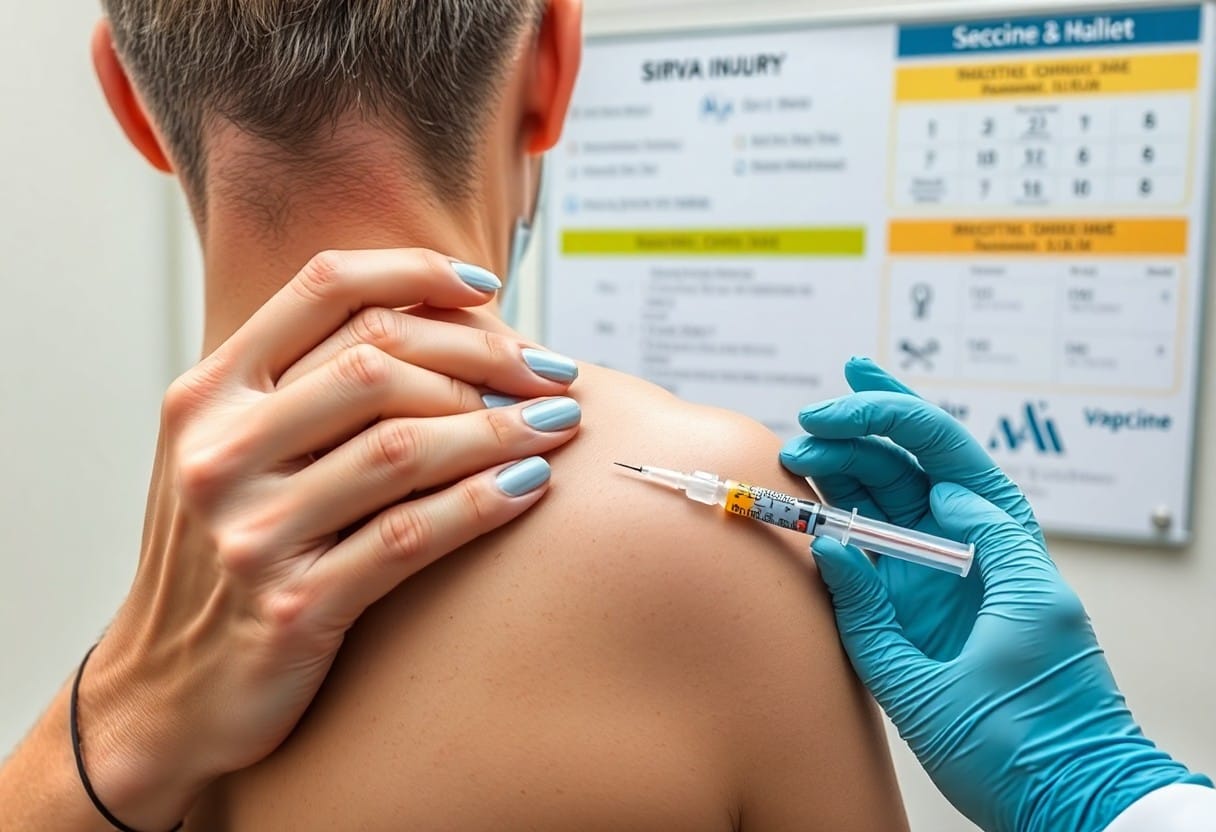
Vaccine Provider Responsibilities
Some vaccine providers have specific responsibilities to ensure patient safety and adhere to best practices in administering vaccines. This includes maintaining a sterile environment, using proper techniques, and understanding potential side effects like SIRVA. By following these standards, providers can mitigate risks and enhance the overall vaccination experience for their patients.
Standard Care Practices
After reviewing standard care practices, it’s clear that vaccine providers must be diligent in their approach to administration. This includes proper patient assessment, using the correct injection techniques, and being aware of how to identify potential adverse reactions.
Documentation and Consent
With documentation and consent, it is important for you as a patient to understand what you are agreeing to when receiving a vaccine. Providers must obtain informed consent, explaining the benefits, risks, and alternatives associated with the vaccine.
And clear documentation of the consent process is vital for future reference, as it protects both you and the provider. This can include noting your medical history, discussing possible side effects such as SIRVA, and outlining the steps taken to ensure your informed consent. Having a detailed record helps safeguard against potential liabilities, while allowing you to make an informed choice about your health.
Legal Liability
It is imperative to understand the nuances of legal liability associated with SIRVA injuries. Vaccine providers may face liability if they fail to adhere to standard protocols during the administration of vaccines, leading to complications and injuries. Factors such as negligence in the vaccination process or inadequate patient education could influence whether liability is established.
Overview of Vaccine Injury Laws
On a broader scale, vaccine injury laws are designed to protect both patients and healthcare providers. These laws establish a framework for compensation through programs like the National Vaccine Injury Compensation Program (VICP), which aims to provide a safety net for those harmed by vaccines while protecting providers from litigation in most scenarios.
Case Examples and Precedents
One notable aspect of vaccine injury claims involves examining past cases that have set important legal precedents. Understanding these cases can provide insight into how courts interpret liability in situations involving SIRVA injuries.
Injury cases related to SIRVA often hinge on the details that demonstrate whether proper vaccination techniques were followed. For example, in a specific case, the court ruled in favor of the patient, establishing that the provider’s failure to use the deltoid muscle correctly during injection constituted negligence. This ruling has implications for future cases, reinforcing that vaccine providers must adhere to established guidelines to minimize the risk of injury. You should be aware that such precedents can be pivotal in shaping future claims related to SIRVA and similar vaccine-related injuries.
Claim Process for SIRVA Injuries
All individuals who have experienced SIRVA injuries should be aware of the claim process to seek compensation. This involves gathering medical evidence, documenting your symptoms and treatment, and filing a claim with the appropriate entities, which may include your healthcare provider or a compensation fund, depending on how the injury occurred.
Steps to Filing a Claim
On your journey to filing a claim for SIRVA injuries, begin by collecting all relevant medical records that detail the injury and treatment. Next, consult with legal professionals if needed to understand the specific requirements and deadlines associated with your claim process.
Potential Outcomes
An understanding of potential outcomes is vital for your claim. You might receive compensation that can cover medical expenses, lost wages, and pain and suffering. Each case is unique, so outcomes may vary based on the strength of your evidence and the circumstances surrounding the injury.
In addition to compensation for medical expenses, you could also be awarded compensation for lost wages if your SIRVA injury prevents you from working. Successful claims may provide funds for ongoing rehabilitation costs or any long-term impacts on your quality of life. As you navigate the claim process, the outcome largely hinges on the strength of your documented evidence and thoroughness in meeting procedural requirements. Engaging with knowledgeable professionals can significantly enhance your chances of securing a beneficial resolution.
Preventative Measures for SIRVA
Unlike other injury risks, SIRVA can be minimized through appropriate procedures. Vaccine providers should ensure adherence to recommended guidelines and consistently evaluate their techniques. By prioritizing effective administration methods and educating patients, you can mitigate the occurrence of SIRVA and promote a safer vaccination experience.
Proper Vaccine Administration Techniques
Techniques for proper vaccine administration are necessary in preventing SIRVA. You should ensure that the injection is delivered into the deltoid muscle at the correct depth and angle. Utilizing a clean technique and selecting an appropriate needle size can also reduce the risk of complications associated with improper injections.
Patient Education
Preventative measures also involve effective patient education regarding vaccination protocols. You should provide comprehensive information about potential side effects and precautions to take following the vaccine. Encouraging open communication allows for any concerns you may have to be addressed, helping ensure your comfort and understanding throughout the process.
This proactive approach to patient education is important in enhancing overall vaccine safety. By informing individuals about the significance of proper administration and their role in identifying any immediate discomfort, you empower them to advocate for their health and safety. Educating patients on how to report any unusual reactions can facilitate quicker responses and effective interventions, ultimately leading to a more positive vaccination experience.
Resources for Affected Individuals
Many individuals affected by SIRVA injuries may find comfort and assistance through various resources available to them. These resources can help you navigate your condition, seek treatment, and understand your rights regarding medical and legal support.
Support Organizations
The support organizations dedicated to SIRVA injuries provide valuable resources, information, and community connections. They often host support groups, educational events, and online forums, allowing you to connect with others facing similar challenges, fostering a sense of understanding and solidarity.
Legal Aid and Advocacy
For those considering legal action, understanding your options for receiving legal aid and advocacy is important. Many legal groups specialize in vaccine injury cases, assisting you in navigating the complexities of filing claims and obtaining compensation for your SIRVA injury.
To access appropriate support, connecting with organizations that offer legal assistance can significantly enhance your ability to advocate for your needs. These groups often provide free or low-cost consultations and can help you identify if you have grounds for a legal claim. They also inform you about the documentation required to strengthen your case and guide you through each step, ensuring you do not face this process alone. Utilizing these resources can empower you to seek justice effectively and positively.


